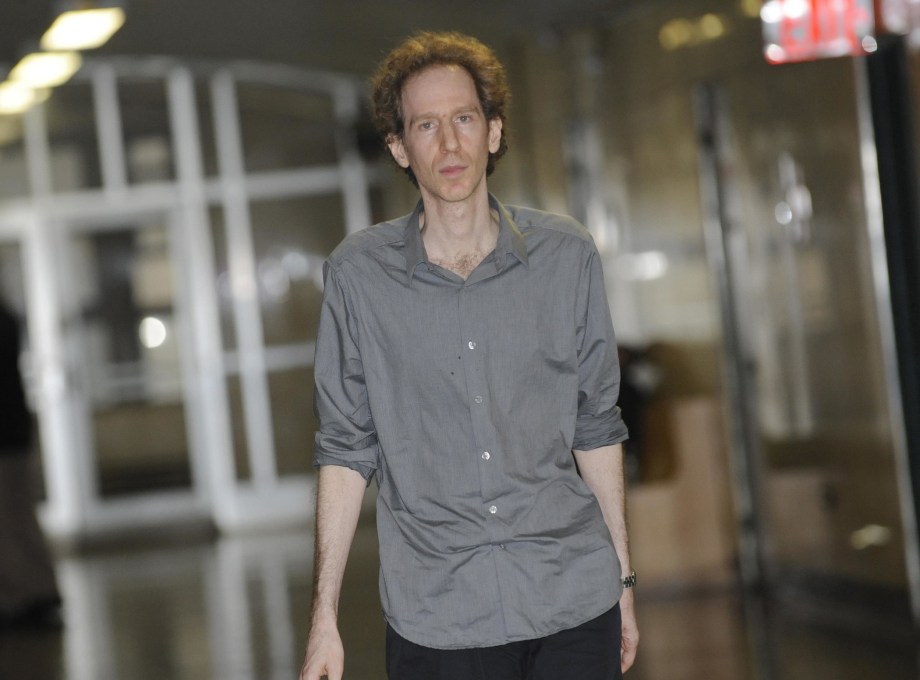
Raphael Golb, pictured here, son of Normal Golb (see yesterday's discussion of who he is) is expected to surrender to authorities on Tuesday, July 22 to begin serving his sentence.
This is despite a victory at the Court of Appeals, which discarded the felony charge against him, identity theft, and declared unconstitutional the New York statute on "aggravated harassment." I'm glad of his victories, by the way. When such offenses are on the books they render possible the criminalization of vigorous and free-wheeling debate on the sort of issues that the first amendment was, precisely, designed to protect.
That left misdemeanor charges of forgery and impersonation still standing.
Golb took part in internet debates about the Dead Sea Scrolls, one of the issues on which his father has made a reputation. Not surprisingly, Norman Golb's thesis on this point has been hotly contested, by (among others) Lawrence Schiffman, of New York University.
In the wake of the victory of the Maccabeans over the Seleucids, and the resultant new dynasty in Judea, Jews had to figure out where they stood in the new order. It was this shake-up, Schiffman stresses, that led the Essenes to head out to the desert -- and that led hem to do exactly what Norman Gold emphatically denies: to create a vast library of their discontents, the Dead Sea Scrolls. So the library in the caves isn't the consequence of any general spiriting out of texts from Jerusalem at a much later date (the era of Roman conquest). It -- or much of it -- was created roughly where it was found.
The Golb/Schiffman dispute, which is of course part of a much broader academic contretemps, become entangled with accusations of plagiarism. It seems to have been Raphael's conviction that his father had been plagiarized by the theoretic foe that led him, Raphael, to seek to pay it back by way of impersonating Schiffman. He established e-mail accounts pretending to be Schiffman and then used those accounts to send out 'admissions' of plagiarism.
Schiffman denies the plagiarism, and the impersonation seems way uncool at any rate.
What a wonderful motive is revenge!
The fact is that when a law is deemed constitutionally overbroad, and a defendant is convicted at trial under the unconstitutional statute, it is not enough for an appeals court to modify the convictions based on the correct interpretation of the law. Established Supreme Court precedent has held that such defendants must receive an entirely new trial. This is the principal issue at stake here.
ReplyDeleteGolb's jail sentence was stayed by an appellate judge in NYC, and he has filed an appeal of the sentence and of the judge's refusal to grant him a new trial with proper jury instructions. The appeal brief sheds light on some of the academic issues that Christopher raises, and on the palpably, if subtly, satirical nature of the criminalized emails. See the case documentation at:
ReplyDeletehttp://raphaelgolbtrial.wordpress.com/
(For the current appeal brief, scroll down past the photo to the "August 25, 2014 update." Apparently, an appeal will also be filed in federal court.)